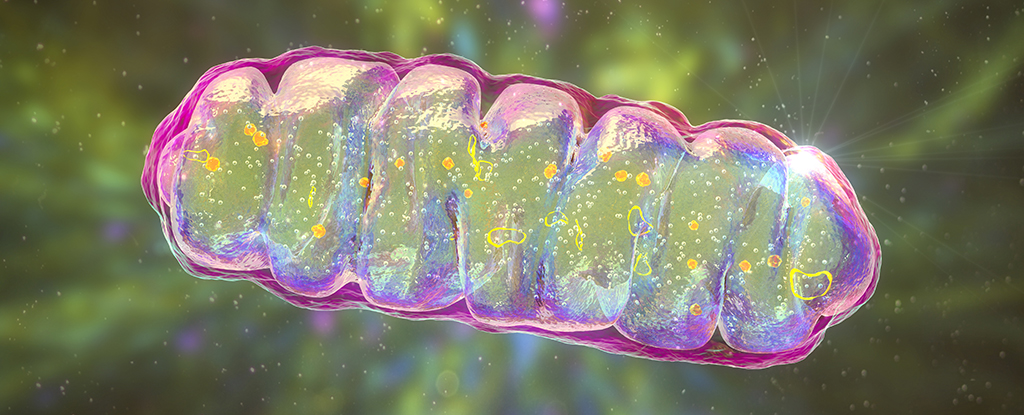
An international team of researchers has demonstrated a significant breakthrough in reversing memory loss associated with dementia-like conditions in mice by enhancing mitochondrial activity in the brain. This finding could pave the way for new therapeutic approaches to combat neurodegenerative diseases such as Alzheimer’s.
Previous studies have indicated that mitochondrial dysfunction, which involves problems with the brain’s energy-producing structures, is linked to neurodegenerative diseases. However, the exact relationship between this dysfunction and the onset of symptoms was unclear. According to Giovanni Marsicano, a neuroscientist at the French National Institute of Health and Medical Research (INSERM), “This work is the first to establish a cause-and-effect link between mitochondrial dysfunction and symptoms related to neurodegenerative diseases.”
Investigating Mitochondrial Activation
To establish this crucial link, the research team developed a novel tool called mitoDREADD-Gs. This mechanism utilizes a drug known as clozapine-N-oxide (CNO) to activate mitochondria selectively. The researchers tested mitoDREADD-Gs in mice engineered to exhibit dementia-like symptoms, as well as in human cells grown in laboratory conditions. The results indicated that memory and motor impairments caused by mitochondrial malfunction could be effectively reversed.
Furthermore, the team was able to limit mitochondrial activity through pharmacological means and subsequently reactivate it using mitoDREADD-Gs, further corroborating the role of mitochondria in dementia symptoms. While mitoDREADD-Gs itself is not a treatment, its application in understanding mitochondrial activation could inform future therapeutic developments. As Étienne Hébert Chatelain, a biologist at the Université de Moncton, noted, “Ultimately, the tool we developed could help us identify the molecular and cellular mechanisms responsible for dementia and facilitate the development of effective therapeutic targets.”
Future Directions for Research
Looking ahead, the researchers plan to expand their investigations to other neurodegenerative diseases and related psychiatric conditions. They emphasize the complexity of dementia and the myriad risk factors involved, suggesting that addressing the problem from multiple angles, including mitochondrial function, could yield valuable insights.
Additionally, the team aims to explore the long-term effects of mitochondrial stimulation. Understanding whether continuous activation impacts neurodegenerative symptoms is essential in determining the feasibility of this approach for human treatments. Luigi Bellocchio, another neuroscientist from INSERM, explained, “Our work now consists of trying to measure the effects of continuous stimulation of mitochondrial activity to see whether it impacts the symptoms of neurodegenerative diseases and, ultimately, delays neuronal loss or even prevents it if mitochondrial activity is restored.”
The research findings have been published in the journal Nature Neuroscience, marking a significant step forward in understanding the potential of targeting mitochondrial dysfunction to combat memory-related disorders. As this field of research advances, there is hope for developing effective treatments that could change the lives of those affected by dementia and similar conditions.






